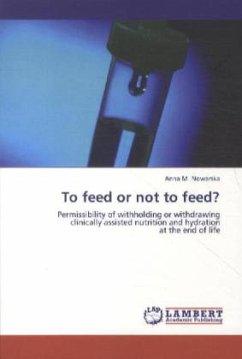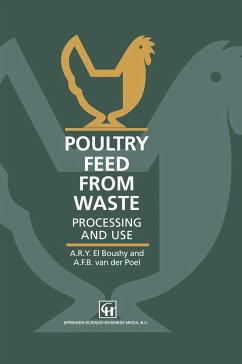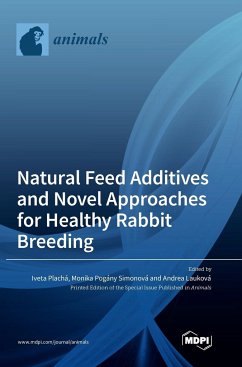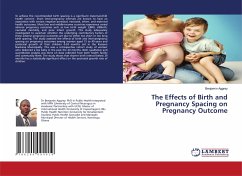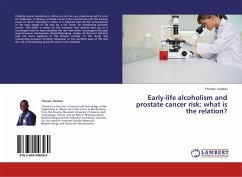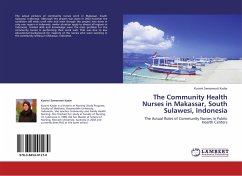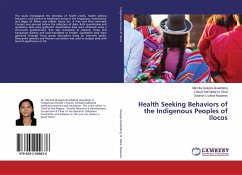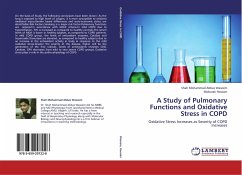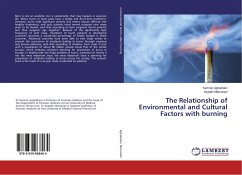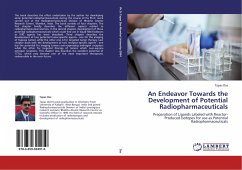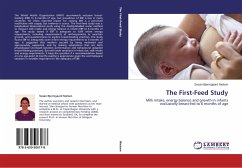
The First-Feed Study
Milk intake, energy balance and growth in infants exclusively breast-fed to 6 months of age
Versandkostenfrei!
Versandfertig in 6-10 Tagen
42,99 €
inkl. MwSt.

PAYBACK Punkte
21 °P sammeln!
The World Health Organization (WHO) recommends exclusive breast-feeding (EBF) to 6 months of age, but prevalence of EBF is low in many countries. An often reported reason for ceasing EBF is a perceived insufficient milk supply, but evidence is scarce. The First-Feed study was a longitudinal observational study using the doubly-labelled water method to measure milk intake and energy balance in infants EBF to 6 months of age. The study tested if EBF is adequate to fulfil infant energy requirements, including measurements of anthropometry to ascertain growth, and questionnaires to explore breast-...
The World Health Organization (WHO) recommends exclusive breast-feeding (EBF) to 6 months of age, but prevalence of EBF is low in many countries. An often reported reason for ceasing EBF is a perceived insufficient milk supply, but evidence is scarce. The First-Feed study was a longitudinal observational study using the doubly-labelled water method to measure milk intake and energy balance in infants EBF to 6 months of age. The study tested if EBF is adequate to fulfil infant energy requirements, including measurements of anthropometry to ascertain growth, and questionnaires to explore breast-feeding practices. The study found EBF to adequately cover infant energy requirements to 6 months of age. It suggested that mothers succeed by being motivated and appropriately supported, and by making adaptations that are both physiological (increased lactation performance) and behavioural (adapted breast-feeding practices). But with wide variations in infant size, milk intake and energy requirements, it begs the question if a recommendation based on one age-point (6 months exactly) is appropriate given the vast biological variation in variables important for the adequacy of EBF.



